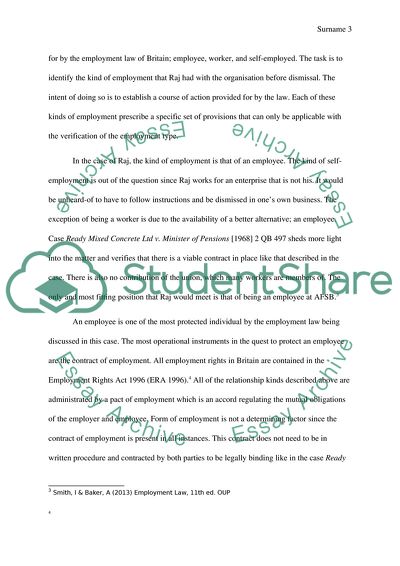Cite this document
(Employment Law in Britain Case Study Example | Topics and Well Written Essays - 2000 words - 8, n.d.)
Employment Law in Britain Case Study Example | Topics and Well Written Essays - 2000 words - 8. https://studentshare.org/law/1810809-employment-law
Employment Law in Britain Case Study Example | Topics and Well Written Essays - 2000 words - 8. https://studentshare.org/law/1810809-employment-law
(Employment Law in Britain Case Study Example | Topics and Well Written Essays - 2000 Words - 8)
Employment Law in Britain Case Study Example | Topics and Well Written Essays - 2000 Words - 8. https://studentshare.org/law/1810809-employment-law.
Employment Law in Britain Case Study Example | Topics and Well Written Essays - 2000 Words - 8. https://studentshare.org/law/1810809-employment-law.
“Employment Law in Britain Case Study Example | Topics and Well Written Essays - 2000 Words - 8”. https://studentshare.org/law/1810809-employment-law.


